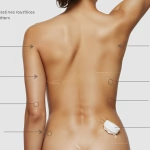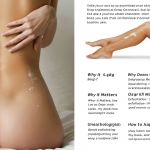Your skin isn’t just a reflection of beauty—it’s your body’s largest organ and first line of defense against the environment. While facial skincare gets plenty of attention, dermatologists emphasize that consistent body care is just as essential. The good news? Glowing, healthy skin from head to toe is entirely achievable with a few smart daily habits.
Here are 10 dermatologist-recommended body care habits that will transform your skin over time—backed by science and professional advice.
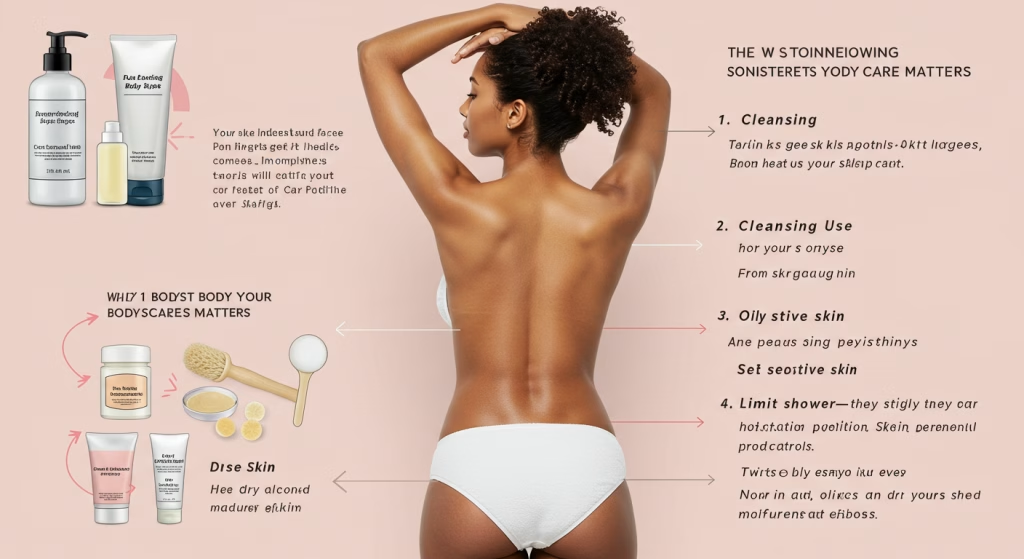
1. Cleanse Gently, Daily (But Not Excessively)
Why it matters: Daily cleansing removes sweat, dirt, bacteria, and product buildup that can clog pores or cause irritation. However, dermatologists caution against harsh soaps and overwashing.
Pro Tip:
Use a mild, pH-balanced body wash—ideally fragrance-free—to maintain your skin’s natural barrier. Dermatologists often recommend syndet (synthetic detergent) cleansers because they cleanse without stripping moisture.
- Limit long, hot showers.
- Focus on cleansing high-sweat zones (armpits, groin, feet).
- Pat skin dry with a soft towel—don’t rub.
2. Moisturize Within Three Minutes of Showering
Why it matters: The “moisture window” after a shower is critical. Applying lotion or cream to damp skin helps lock in hydration and prevents transepidermal water loss.
Pro Tip:
Choose a fragrance-free moisturizer rich in ceramides, glycerin, or hyaluronic acid—key ingredients that support the skin barrier. For very dry skin, dermatologists recommend thicker ointments like petroleum jelly or shea butter.
- Keep a pump bottle near your shower.
- Moisturize daily, not just when your skin feels dry.
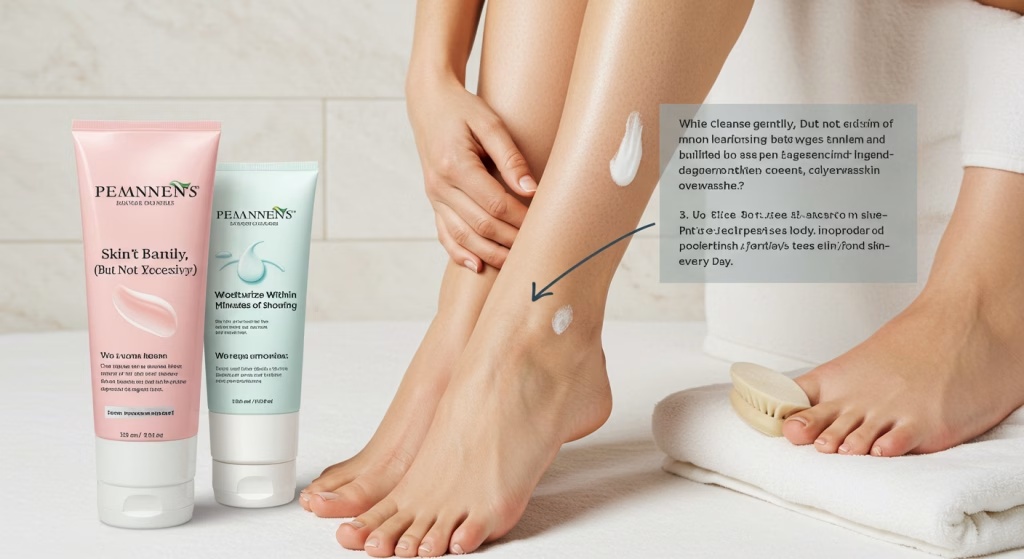
3. Use Sunscreen on All Exposed Skin—Every Day
Why it matters: UV radiation is the #1 cause of premature aging and skin cancer, and your body is just as vulnerable as your face.
Pro Tip:
Dermatologists recommend using broad-spectrum SPF 30 or higher on all exposed body parts—yes, even on cloudy days or during winter.
- Reapply every two hours if outdoors.
- Don’t forget commonly missed areas: neck, ears, hands, chest, and feet.
- Use water-resistant sunscreen when swimming or sweating.
4. Exfoliate Weekly—But Not Excessively
Why it matters: Exfoliation sloughs off dead skin cells, promotes smooth texture, and allows better absorption of body products. However, too much exfoliation can damage your skin barrier.
Pro Tip:
Use chemical exfoliants with AHAs (like glycolic or lactic acid) or BHAs (like salicylic acid) once or twice a week.
- Skip harsh scrubs with large, jagged particles.
- If using physical exfoliants (sugar, salt), apply gently in circular motions.
- Always follow up with moisturizer.
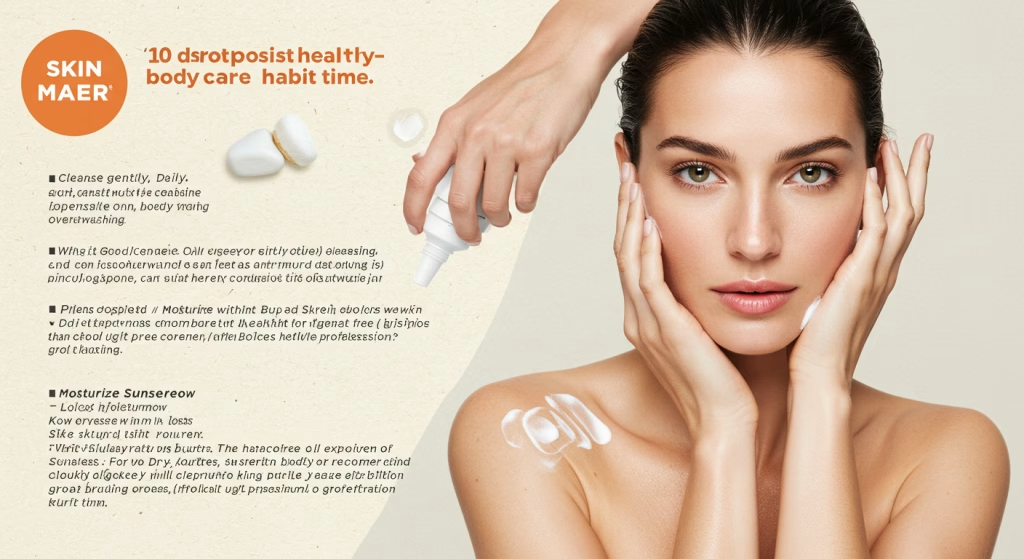
5. Prioritize Hydration From the Inside Out
Why it matters: Your skin reflects your hydration status. Dermatologists consistently stress that internal hydration supports external skin health.
Pro Tip:
Drink at least 2 liters (8 glasses) of water daily. Boost hydration further by consuming water-rich foods like cucumber, watermelon, and citrus fruits.
- Limit dehydrating substances like alcohol or excessive caffeine.
- Monitor skin for signs of dehydration (flakiness, dullness, tightness).
6. Wear Breathable, Skin-Friendly Fabrics
Why it matters: Your clothing can either support or sabotage your skin. Tight, synthetic materials trap sweat and irritants against your skin, increasing the risk of breakouts or rashes.
Pro Tip:
Dermatologists suggest wearing cotton, bamboo, or moisture-wicking fabrics, especially during workouts or in hot weather.
- Wash clothes regularly, especially gym wear.
- Avoid fabric softeners if you have sensitive or allergy-prone skin.
7. Be Gentle With Body Hair Removal
Why it matters: Shaving, waxing, or epilating can damage the skin if done carelessly, leading to ingrown hairs, razor burn, or irritation.
Pro Tip:
Dermatologists recommend these hair removal best practices:
- Always use a sharp, clean razor.
- Shave with the grain, not against it.
- Apply a non-comedogenic moisturizer or aloe vera gel post-shave.
- Exfoliate 24 hours before hair removal to reduce ingrown hairs.
For long-term solutions, laser hair removal under professional supervision is both safe and effective.
8. Treat Body Acne With Targeted Ingredients
Why it matters: Body acne—especially on the back, chest, or shoulders—is common, but often treated incorrectly. Picking or using harsh scrubs can make it worse.
Pro Tip:
Use a body wash with salicylic acid (2%) or benzoyl peroxide (5–10%). These ingredients penetrate pores to kill acne-causing bacteria and reduce inflammation.
- Shower immediately after sweating.
- Wear loose-fitting, breathable clothing.
- Avoid thick, greasy lotions on breakout-prone areas.
9. Watch for Signs of Skin Conditions
Why it matters: Many people overlook subtle symptoms of chronic skin issues like eczema, psoriasis, or fungal infections until they worsen.
Pro Tip:
Be proactive. Dermatologists recommend:
- Seeking medical advice for persistent dryness, redness, flaking, or itchiness.
- Using hypoallergenic, non-irritating products.
- Managing triggers like stress, allergens, or temperature changes.
Early treatment prevents worsening and protects long-term skin integrity.
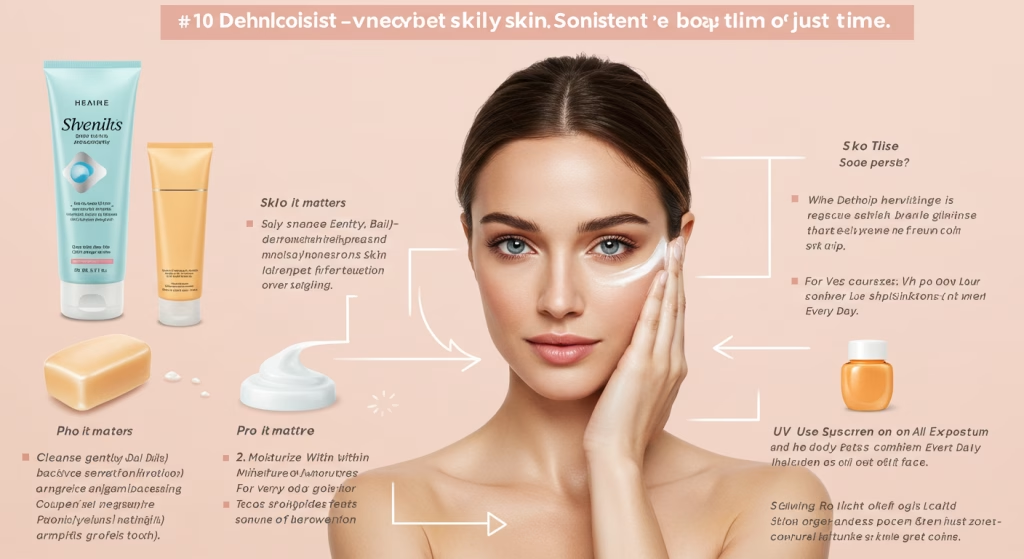
10. Make Sleep and Stress Management a Priority
Why it matters: Skin is heavily influenced by hormones, inflammation, and the nervous system. Chronic stress or sleep deprivation can worsen acne, eczema, and skin dullness.
Pro Tip:
Dermatologists highlight the connection between beauty sleep and skin repair:
- Aim for 7–9 hours of quality sleep nightly.
- Use relaxation techniques (like meditation, breathing exercises, or yoga).
- Keep your sleep environment clean—especially pillowcases and bedding.
Sleep is when your skin does its deepest repair work. Treat it as part of your routine—not an afterthought.
Bonus Tips Dermatologists Share with Patients
- Change your body towel every 3–4 uses. Dirty towels harbor bacteria.
- Use fragrance-free, dye-free laundry detergent if you have sensitive skin.
- Switch products slowly. Introducing too many new products at once can confuse your skin.
- Avoid “miracle” body care trends found on social media unless vetted by professionals.
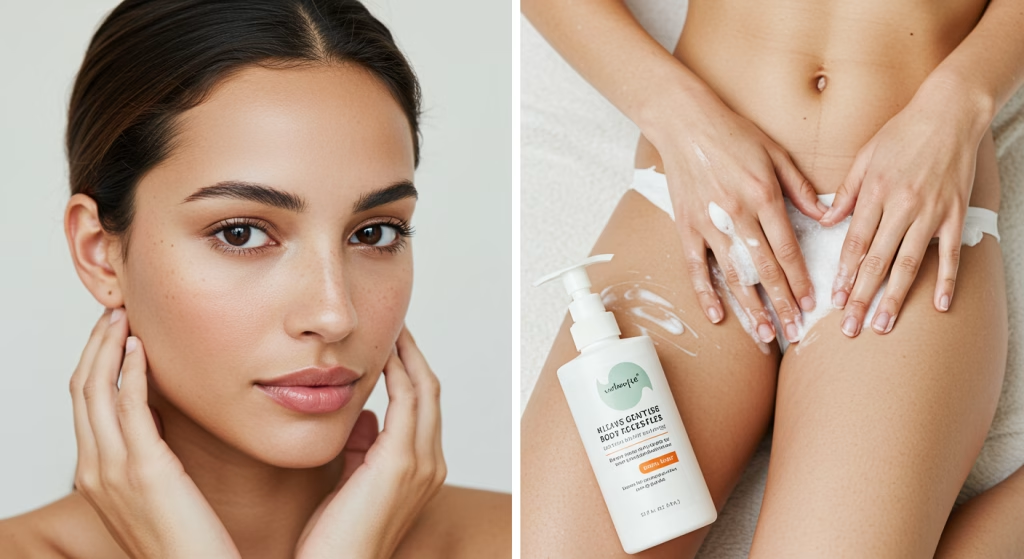
Conclusion: Good Body Care Is Smart Self-Care
Great skin doesn’t happen by accident—it’s the result of consistent, thoughtful habits rooted in science. Whether you’re dealing with dryness, breakouts, or just looking to maintain a healthy glow, following the body care practices dermatologists swear by will set you on the right path.
These 10 habits are simple, accessible, and grounded in expert advice. Start by implementing a few changes at a time and listen to how your skin responds. With a little commitment, you’ll soon notice softer, clearer, and more radiant skin—from head to toe.
